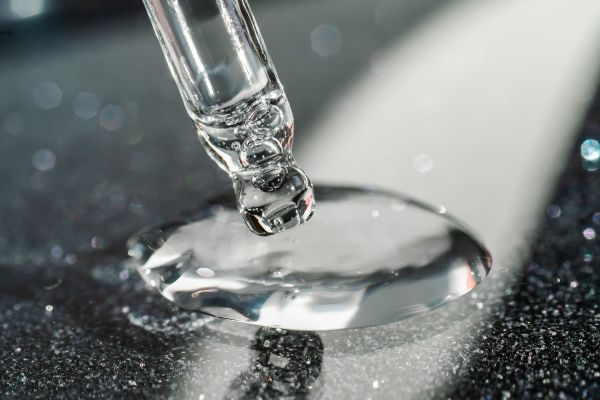Cutting-edge discovery of the Scientific Senate’s international specialists: How Coenzyme Q10 affects the ageing process

Cosmetic pipette with a drop close up on dark shine background.
Longevity researchers have discovered the effects of Coenzyme Q10 on cellular mechanisms and how this substance influences our lifespan.
Everyone has heard of coenzyme Q10, which is already used in many cosmetic products, but researchers have studied in detail how this compound acts naturally in the human body as an antioxidant. One of the collaborating experts of the Scientific Senate of the Dan Voiculescu Foundation for the Development of Romania, Professor Guillermo Lopez Lluch and his team from the Department of Cell Biology at the University Pablo de Olavide in Spain have conducted several studies on the levels of coenzyme Q10 associated with cognitive functioning and executive function in older adults.
What is known about coenzyme Q10
The professor explained that scientifically, it is known that Coenzyme Q10 levels decrease as we age and that ageing of organs and tissues occurs differently. Coenzyme Q10 is involved in the production of cellular energy and also plays an antioxidant role by reducing the amount of free radicals produced during metabolic processes. CoQ10 is very important for everything that happens in the cell, as it is key in the activity of mitochondria, not only for electron transfer, but also for many other activities such as relational activities, synthesis of periodic nucleotides, regulation of metabolism in the cytosol, etc.,” said researcher Guillermo Lopez Lluch at the third edition of the International Conference on Longevity and Gerontology organized by the Scientific Senate of the Dan Voiculescu Foundation for the Development of Romania.
The influence of Coenzyme Q10 on diseases
Coenzyme Q10 acts directly on the free radicals responsible for the damage involved in cell ageing. Clinical studies have shown the effectiveness of coenzyme Q10 in preventing and improving conditions such as heart failure, angina pectoris, heart disease and atherosclerosis. It may also be effective in preventing heart conditions that may occur in the context of cancer treatment. Last but not least, Coenzyme Q10 given to patients undergoing heart surgery may support heart function and decrease the incidence of arrhythmias during recovery. To be effective, however, Coenzyme Q10 must be taken in a lipid matrix.
Coenzyme Q10 supplementation is essential with advancing age to alleviate age-associated diseases and the damage caused by this deficiency at the cellular level. Studies have shown that movement can maintain natural levels of Q10 in the body, which is why in addition to Q10 supplements it is good to exercise.
